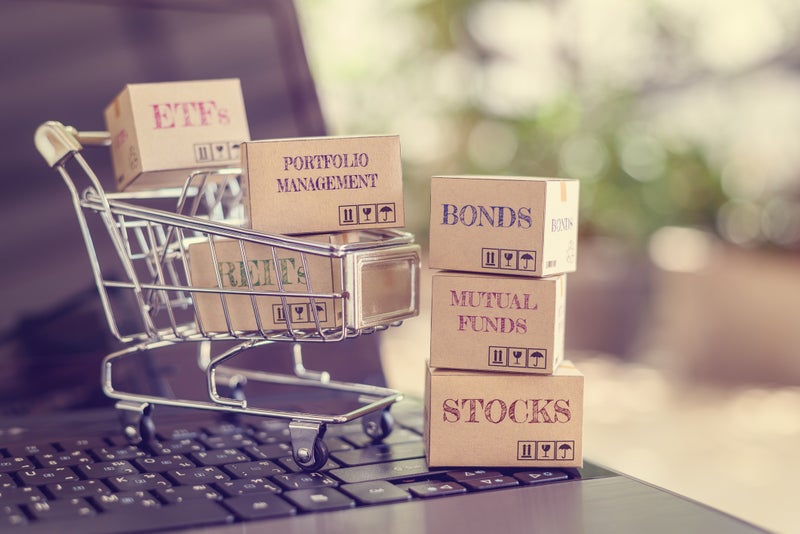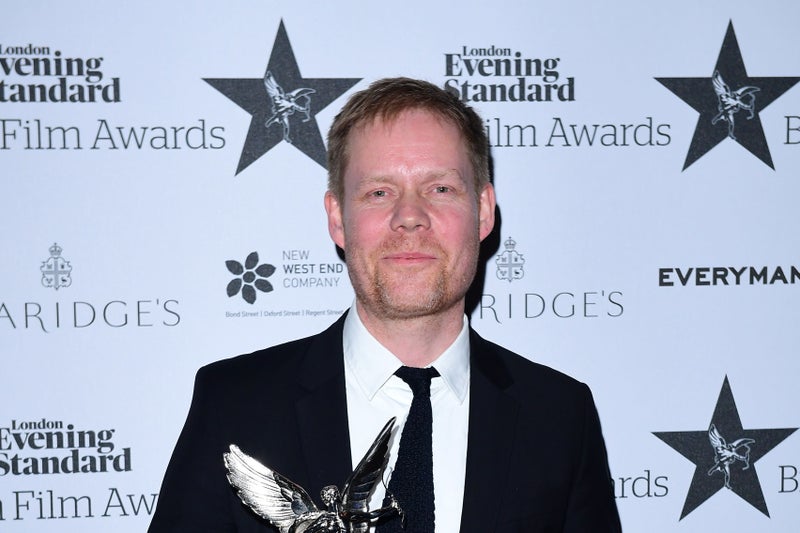Investment trusts in the UK offer the chance to own shares in multiple companies, different currencies or other asset classes. An American hedge fund has suffered an initial defeat as it looks to take on seven UK-based investment trusts, with over 99 per cent of votes by other shareholders going against them.
Boaz Weinstein’s Saba Capital, which has stakes of up to £1.5bn invested across the seven trusts and is the largest individual shareholder in each, has called upon the remaining six trusts to “support Saba’s resolutions” to get them back on the “path to meaningful value creation.”.
The seven funds involved are Baillie Gifford US Growth, CQS Natural Resources Growth and Income, Edinburgh Worldwide Investment, European Smaller Companies, Henderson Opportunities, Keystone Positive Change and Herald Investment. Investment trusts in the UK offer people a chance to invest in, or own a portion of, multiple companies or other asset types, often (but not always) by grouping them together in themes such as geographic region, industry or asset class.
They are useful for smaller investors to gain exposure to different markets and to spread risk, when compared to buying shares in individual companies. However, because trusts are run by a fund manager there are usually higher fees involved - with the expectation effectively being that paying someone to run a trust (to make the decisions on what to buy and sell and when) means greater returns on investments can be achieved.
Many investment trusts can be bought on the stock market by anybody with a sharedealing account on a share trading platform, meaning ordinary savers and investors can have access to investing in worldwide companies - even inside a tax-free wrapper such as an ISA.






















